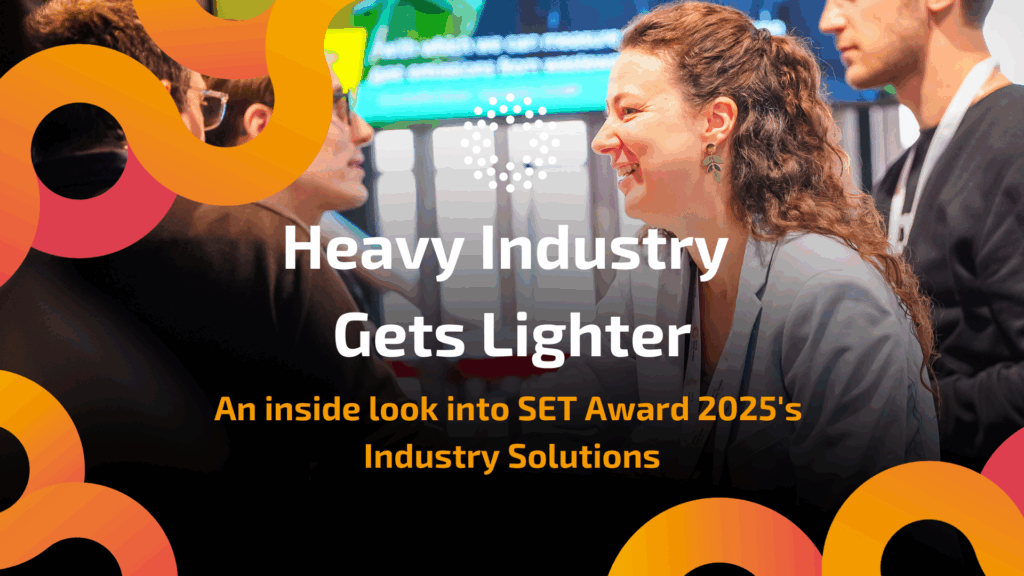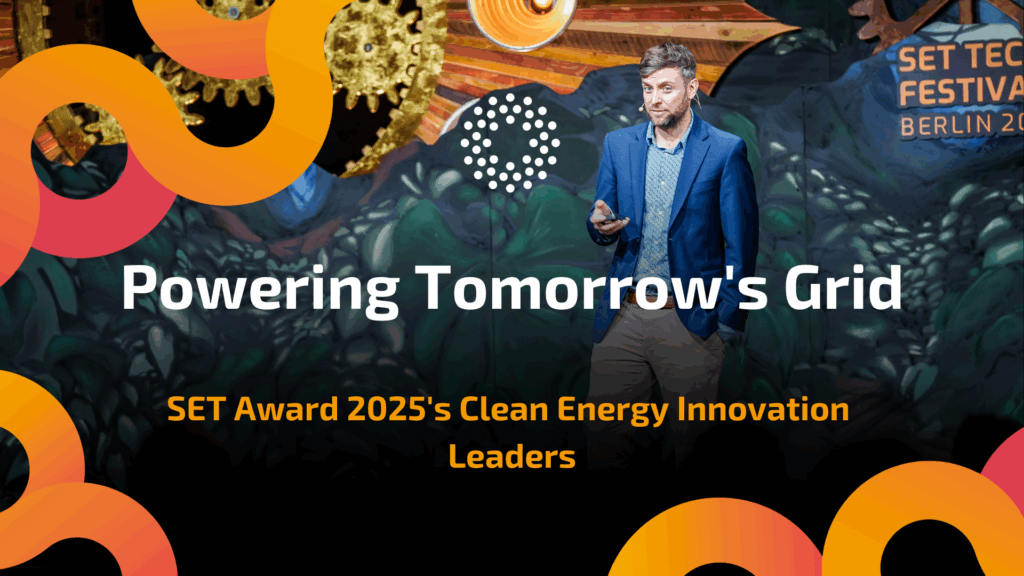What trends have you seen for European energy start-ups in 2016?
The sector is thriving. One indicator of this is the 170 energy start-ups that InnoEnergy has supported to date. In 2016, we received 562 applications for the Highway, our energy acceleration programme, and 30 of our start-ups started selling for the first time to the market – both of which are the highest annual numbers to date, since we started in 2009. Interestingly, the majority of applications came from Germany.
In general, energy storage is gaining more importance. From an investor’s point of view energy efficiency and solar are major investment areas. In fact, investments in energy are growing, 73% of our start-ups have raised external funding, totalling 47M€ to date.
Which cleantech technologies were most important in 2016?
This depends on how you define what is important. In terms of volume, 43% of our portfolio is about energy efficiency, mainly related to smart cities, while renewables makes up 30% of the start-ups we support.
This distribution is aligned with global trends, including the development of smart cities and the rise of mass scale battery solutions for electric vehicles and storage. These storage solutions are helping to foster the integration of renewables at a lower cost and will support the development of distributed generation.
However, the technology is not the most important aspect. When it comes to the next wave of energy innovation, the brightest minds are looking to new business models to help them reap the richest rewards. It’s new, innovative ways of working that allow for the creation of new revenue streams that will make the biggest impact to the bottom line.
Do start-ups in different European countries work on the same topics? Or do they focus on different aspects?
In general, they do work on similar topics. For example, energy efficiency is a trending topic across many European countries. But we do note some slight differences – in 2016 Germany and Spain worked a lot on renewable energy, Belgium on smart grid and France on smart mobility.
Is the digitalisation of the energy market the overall trend in Europe?
Yes, it is an overall trend – in 2016 global energy investment in software surpassed hardware for the first time. One reason for this trend is that digitalisation supports new customer-centric business models. Nowadays, new terms are coined, for example “the digital utility” – which is evidence that this topic is becoming more relevant.
Which target groups do start-ups focus on these days? More B2B or B2C?
In energy B2B is more common, even though decentralised power generation, such as utilities, still have the captive customer base. But as the evolution towards a customer-centric system takes place, I foresee an increase of B2C solutions. For example, some of our start-ups, like Solaris Offgrid, are addressing developing pay-as-you-go solutions.
How important is internationalisation for European energy start-ups?
Internationalisation is key. Energy challenges are global and therefore require global solutions to have a real impact. At InnoEnergy one of the aspects we assess in applicants is the scalability of the solution and its market. This has a direct impact on the start-up’s potential.
We support each of our start-ups to develop global business plans. They sell in European countries, in addition to their home market, and many of them go beyond Europe and are already selling in India, Chile, Uruguay, Japan, Mexico, Ecuador, USA, Morocco, Senegal, Turkey, etc.
Indeed, we have recently signed a partnership with Incubatenergy, the US network of cleantech accelerators to collaborate together and to create a bridge for our Innoenergy venture to land in the US market.
However, there is a major challenge when it comes to the globalisation of energy start-ups. Each country has different energy regulations and the start-ups must adapt to achieve success.
What is the best place in Europe for energy start-ups?
Of course, there are places in Europe where “entrepreneurship” is fostered but I wouldn’t say there is a “best place” for energy start-ups. As a European accelerator we take advantage of the most relevant energy innovation hubs in Europe and this is our competitive advantage.
Our Europe-wide network of industry partners, universities and research centres is an extremely valuable source of expertise and guidance. This is a trusted ecosystem which encourages collaboration and entrepreneurship to help start-ups achieve more innovative results. For example, one entrepreneur knocking on the door of our Stockholm office could be receiving expertise and services from our Spanish team, whilst collaborating with our Polish team to get customers in Poland. That is the beauty of being a European accelerator.


